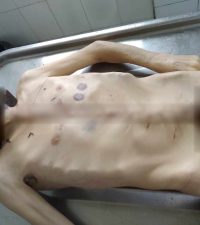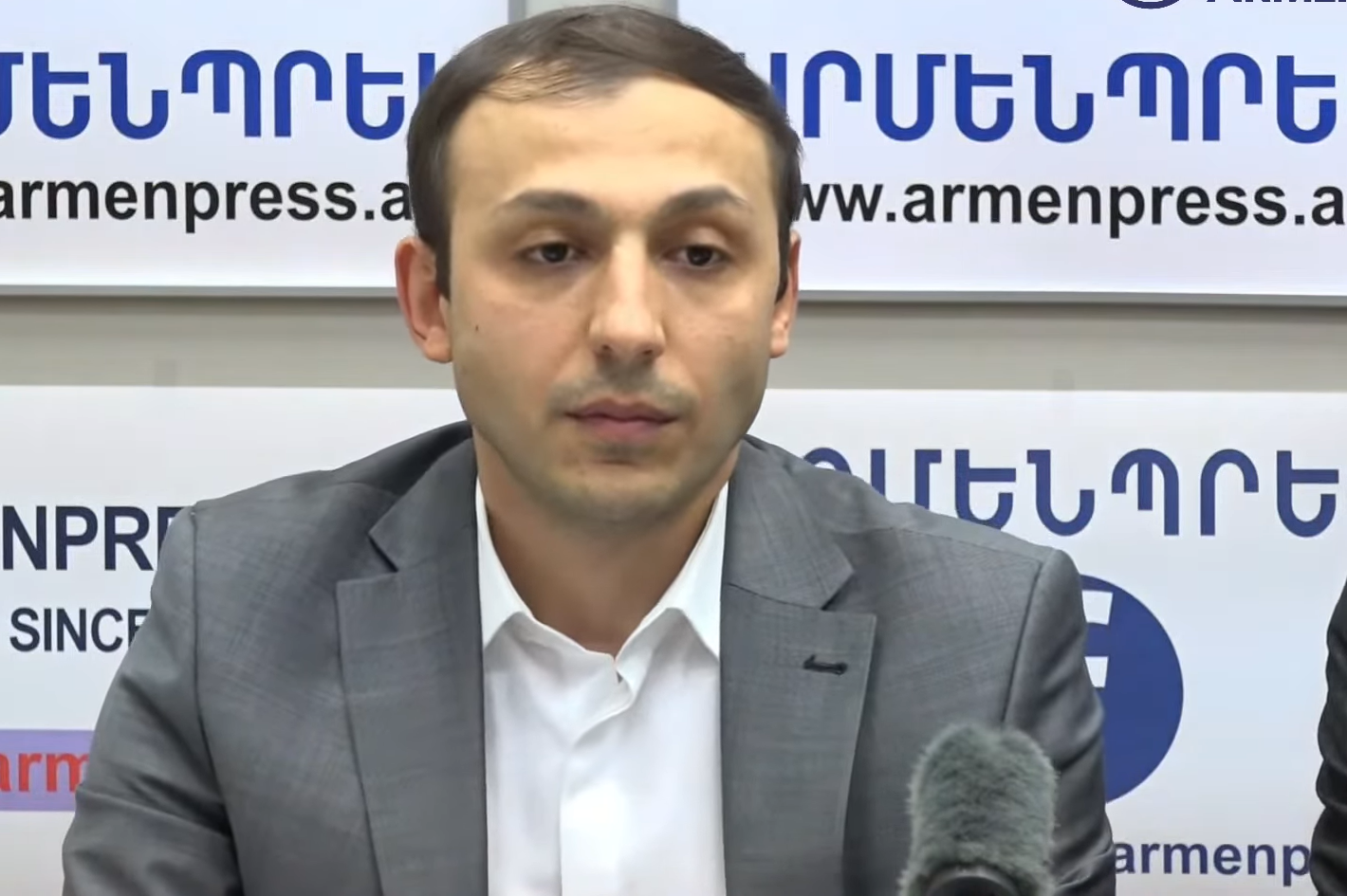According to the information received by the Human Rights Defender’s Office and the research conducted by its Staff, a resident of Stepanakert, K. Hovhannisyan, born in 1983, died as a result of chronic malnutrition, protein and energy deficiency.
According to the conclusion of the forensic medical examination and the death certificate of K. Hovhannisyan, his death resulted from: “severe alimentary dystrophy (general exhaustion due to prolonged and incomplete intake of nutrients, edema, disorder of all forms of metabolism with organ changes and their functional disorders), swellings, protein-energy deficiency, kwashiorkor (a specific severe type of eating disorder that develops with insufficient protein content in food, the development of the disease is promoted by severe living conditions, low standard of living), bilateral polysegmental pneumonia with a predominance of the croup element on the right, pulmonary edema, mixed metobolia, hypoxic encephalopathy, dystrophy of internal organs-kidneys, anemia, septic condition, right hydrothorax, chronic malnutrition”.
The catastrophic consequences of the ongoing 8-month-long blockade of Artsakh by Azerbaijan are more than noticeable and tangible in the public health sector, which primarily affect the health situation of the most vulnerable groups of the society – children, pregnant women, people with chronic diseases, people with disabilities and older persons.
The catastrophic food situation caused by the blockade and especially the 2-month-long complete siege, leading to the malnutrition of people and the threat of hunger, the lack of necessary medicines and the inability of the full functioning of the healthcare system create direct and undeniable threats to 120,000 population of Artsakh.

















